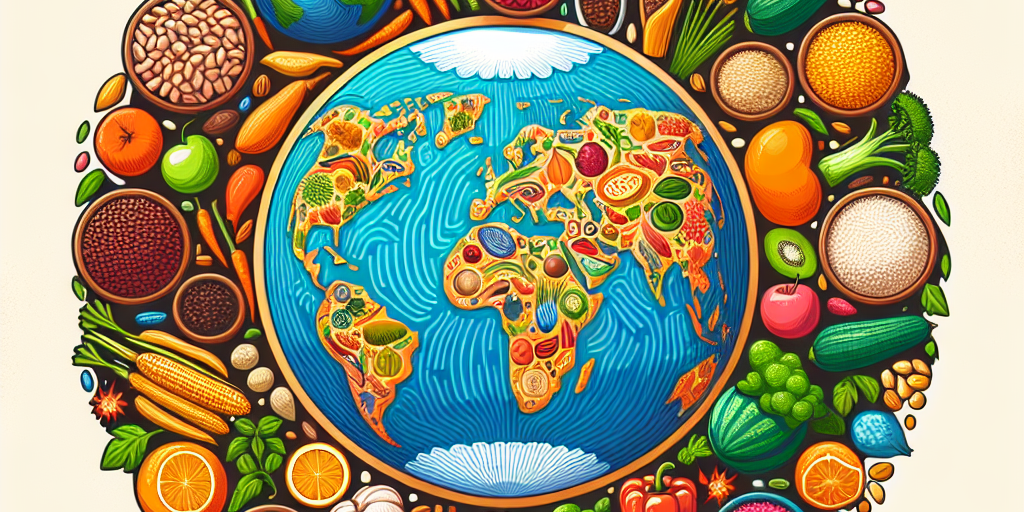Veganism is a growing trend around the world, with more and more people choosing to adopt a plant-based lifestyle for health, environmental, and ethical reasons. While the concept of veganism may seem relatively new in some parts of the world, plant-based eating has been a part of many cultures for centuries.
In countries like India, where a large percentage of the population is vegetarian, veganism is not uncommon. Traditional Indian cuisine is heavily plant-based, with dishes like dal (lentil stew), sabzi (vegetable curry), and chana masala (chickpea curry) forming the backbone of many meals. In fact, many Indian households do not consume dairy products like milk and ghee, making veganism a natural choice for many people.
In Japan, a country known for its seafood-heavy diet, veganism is also gaining popularity. Buddhist principles of compassion and non-violence have led many Japanese people to embrace plant-based eating, and there are now numerous vegan restaurants and cafes across the country. Traditional Japanese dishes like sushi, tempura, and miso soup can easily be adapted to be vegan-friendly, making it easier for people to make the switch to a plant-based diet.
In countries like Italy and Greece, where cheese and cured meats are a staple of the cuisine, veganism is also on the rise. While it may seem challenging to give up traditional dishes like pizza and pasta, many Italian and Greek chefs are finding creative ways to make plant-based versions of these classics. For example, vegan cheese made from cashews or almonds can be used as a substitute for dairy cheese, and vegetables like mushrooms and zucchini can be used in place of meat.
In countries like Brazil and Mexico, where meat is a central part of the culinary culture, veganism is slowly making its mark. Both countries have a rich tradition of using beans, rice, and vegetables in their dishes, making it easy for people to transition to a plant-based diet. In Brazil, dishes like feijoada (a black bean stew) and pão de queijo (cheese bread) can be easily made vegan by omitting the meat or dairy ingredients. In Mexico, traditional dishes like tacos and tamales can be made vegan by using plant-based proteins like tofu or tempeh.
Overall, veganism is a diverse and growing movement that is taking root in different cultures around the world. While the specifics of plant-based eating may vary from country to country, the underlying principles of compassion, sustainability, and health remain the same. As more people become aware of the benefits of veganism, it is likely that plant-based eating will continue to spread and become more mainstream in the years to come.







